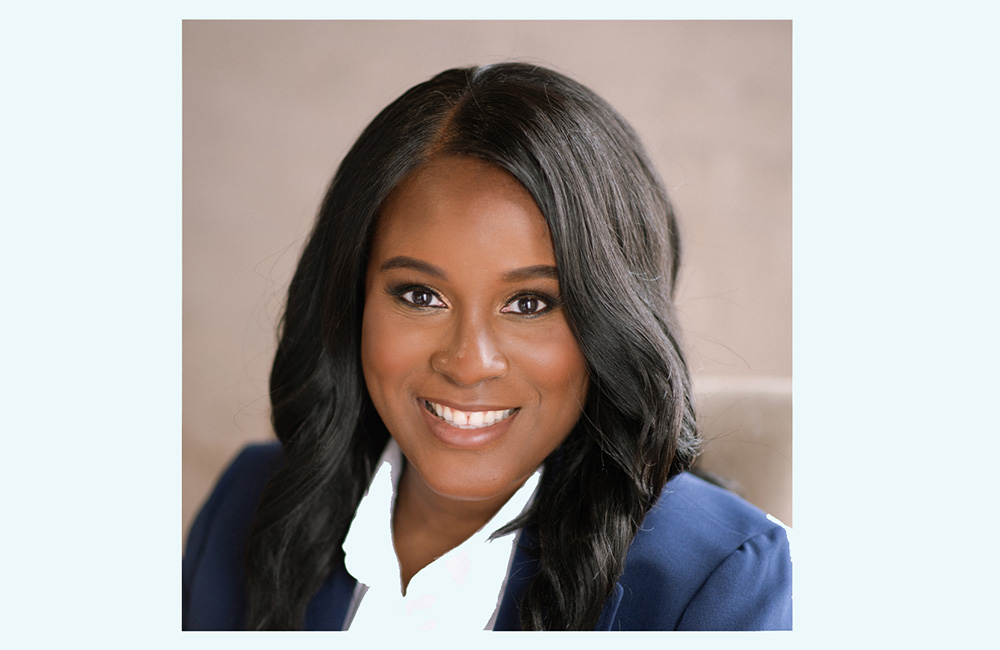Taking a moment recently to reflect on her experiences as a MNLEND fellow, Andrea Lawson (MNLEND 2024-25) immediately connects the dots to her appointment last year by Governor Tim Walz to the African American Health State Advisory Council, which she co-chairs, and her ongoing master’s degree studies in maternal and child health at the University of Minnesota School of Public Health. She is also a consumer representative on the Maternal and Child Health State Advisory Committee.
Being a MNLEND fellow added depth to all these pursuits, Lawson said. Each involves looking at and working to dispel disparities in access to state services, a critical aspect of the MNLEND fellowship.
“LEND taught me that I’m stronger than I know,” she said. “To go through the year with folks who have lived disability experience and truly develop an understanding of that experience was a fabulous journey.”
Lawson brought experience and insight informed through deep community roots to her MNLEND colleagues, said BiKé Ojomo, MNLEND program coordinator for the Institute on Community Integration, which leads the leadership training program. MNLEND spans more than 16 academic disciplines across the University of Minnesota.
“Andrea’s dedication to maternal and child health, especially within immigrant communities, and her advocacy for early screening and intervention made her an exceptional asset and a trusted voice throughout the program,” Ojomo said.
Though the program informed Lawson’s professional life, her own very personal challenges as a parent to a child born with a rare genetic condition played a significant role in drawing her into MNLEND, which stands for Minnesota Leadership Education in Neurodevelopmental and Related Disabilities.
“Especially during the [COVID-19] pandemic, there were a lot of health inequities that we experienced. The system failed me in several ways, and I didn’t want other women to go through the same thing,” she said. “There were a lot of barriers in access to care. We didn’t know where to go or who to talk to, and with everything shutting down, there was really nothing available to us, so I had to try to find some light.”
She vowed to build her own capacity to find ways to ensure her child has the best life possible. With career experience in health system policy, she started attending maternal-child and health conferences and webinars. Eventually, she applied to the master’s program. Today, she balances part-time studies with a consulting business in early intervention, early childhood development, and maternal and child health policy.
“The work I did while in the LEND program catapulted me in different ways, and I’ve had more opportunities to participate in research proposals, so my hope is to continue to scale that work,” she said. “I really wish that LEND could be available for all families and caregivers of children who either are neurodivergent or have complex healthcare needs, because it has been the biggest gap filler ever for me.”
View Original Article










